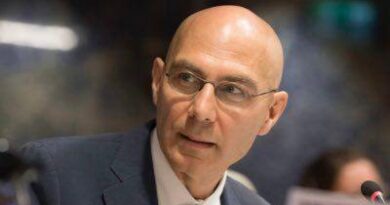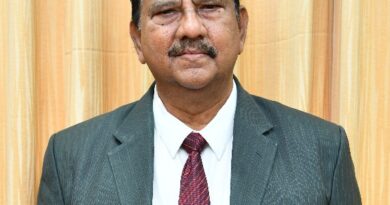Chief Justice DY Chandrachud Calls For Equal Participation of Persons With Disabilities, Urges an End to Ableism
(Judicial Quest News Network)
28, July 2024
Chief Justice DY Chandrachud has issued a powerful call for greater inclusivity and equal participation for persons with disabilities, highlighting systemic barriers that perpetuate exclusion. Speaking at the India Accessibility Summit and State Disability Commissioners Conference 2024, he criticized existing physical infrastructure and policies that hinder the participation of people with disabilities, creating a cycle of marginalization.
CJI Chandrachud emphasized that legal frameworks alone are insufficient. He pointed out that our architectural models, intellectual resources, and institutional designs often reflect a singular perspective, failing to accommodate diverse needs. This, he noted, contributes to ongoing exclusion from educational institutions, the workforce, and decision-making bodies, effectively denying individuals their civic rights and fundamental freedoms.
Reflecting on the evolution of disability rights, the Chief Justice noted that the Persons with Disabilities Act of 1995 primarily focused on disability as an individual issue, neglecting social barriers. However, the Rights of Persons with Disabilities Act of 2016 acknowledged these social and institutional obstacles and called for enhanced preparedness and reduced barriers for public participation.
The Chief Justice also lauded participatory governance and corporate social responsibility initiatives that have fostered inclusive hiring practices. He cited successful examples, such as the 3% reservation in poverty alleviation programs in Karnataka, which have proven beneficial beyond mere legal compliance.
Addressing the issue of invisible disabilities, CJI Chandrachud urged for greater awareness and understanding, noting that stigma and bias often deter individuals from disclosing such conditions. With India housing a significant population of individuals with Autism and various developmental and neurological conditions, he stressed the importance of education and awareness to combat prejudice.
Although the Constitution does not explicitly mention disability as a protected category, CJI Chandrachud affirmed that constitutional rights and protections extend to persons with disabilities. He highlighted the judiciary’s role in enforcing these rights, citing efforts to enhance accessibility through technological aids and infrastructural improvements.
The Chief Justice concluded with a call to dismantle the “shameful walls of exclusion” through sustained, collaborative efforts. He underscored that while laws and technology are crucial tools for change, true progress requires ongoing social dialogue and a commitment to overcoming institutional indifference.




